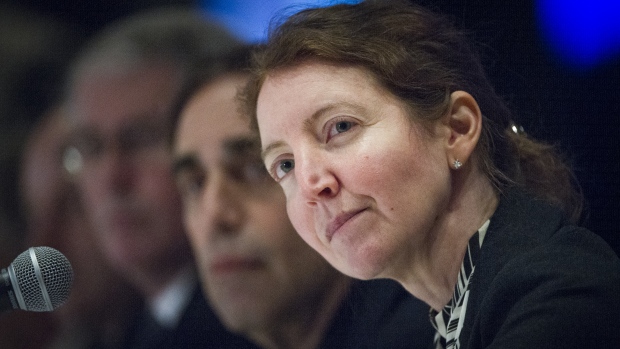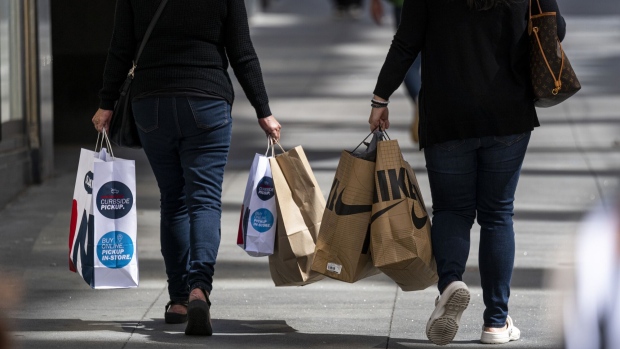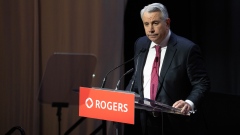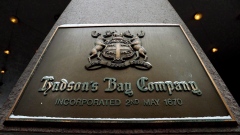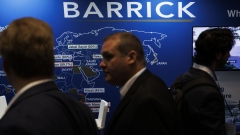Aug 13, 2021
UEFA Close to $7 Billion Package to Aid League
, Bloomberg News
(Bloomberg) -- UEFA is putting the final touches to a rescue package valued at as much as 6 billion-euros ($7 billion) to help European soccer recover from the impact of the pandemic, according to people familiar with the matter.
The funding is part of a proposed three-pronged strategy by the soccer governing body, to be outlined in the coming weeks, to assist clubs after more than a year of stadium closures, as well as falling broadcast revenue.
UEFA’s plan involves a funding facility of 2 billion euros to 6 billion euros, an emergency pot of money to guard against future crises and new rules on financial fair play, the people said, asking not to be identified discussing confidential information.
Under the proposals, clubs will have access to funds at lower borrowing rates and be able to restructure existing debt over longer periods of five to seven years, the people said. UEFA has been in talks with London-based investment firm Centricus Asset Management over financing the plans, Bloomberg News reported in April.
A representative for UEFA didn’t immediately respond to requests for comment.
The measures come at a precarious moment for the world’s favorite sport, which saw the pandemic disrupt play across Europe’s biggest competitions, including UEFA’s flagship Champions League. The European soccer market contracted for the first time since the financial crisis in the 2019/2020 season, according to a July report from Deloitte, with revenue falling by 13% to 25.2 billion euros.
That’s brought even the most prestigious clubs to heel. Spain’s FC Barcelona was this month unable to find the money to keep Lionel Messi, its record goalscorer considered by many to be the greatest soccer player ever. Messi this week signed a contract with Paris Saint-Germain FC, the French team backed by Qatar.
UEFA will seek to prevent clubs with super-rich owners, which include the U.K.’s Chelsea FC and Manchester City FC, from gaining an unfair advantage in European leagues by introducing new caps on player salaries, one of the people said.
Earlier this year, Barcelona was among a group of top soccer teams that sought to boost and safeguard future revenue by breaking free of UEFA’s Champions League to form a new European Super League. The plan, which was backed by financing from JPMorgan Chase & Co., collapsed in a matter of days after fierce backlash from fans and politicians.
©2021 Bloomberg L.P.










